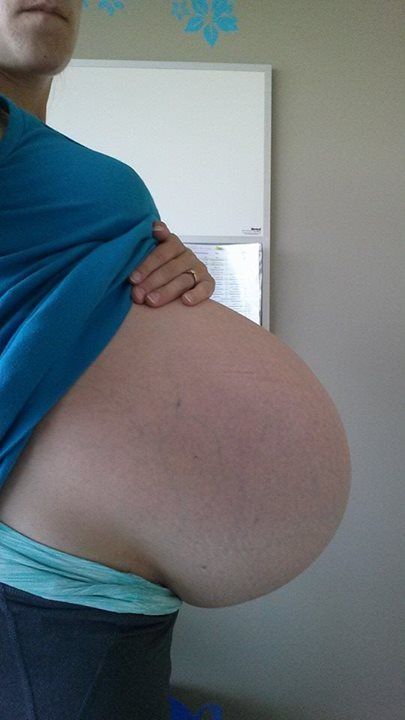Meaning of heartburn during pregnancy
Indigestion and heartburn in pregnancy
Indigestion, also called heartburn or acid reflux, is common in pregnancy. It can be caused by hormonal changes and the growing baby pressing against your stomach.
You can help ease indigestion and heartburn by making changes to your diet and lifestyle, and there are medicines that are safe to take in pregnancy.
Symptoms of indigestion and heartburn
Symptoms of indigestion and heartburn include:
- a burning sensation or pain in the chest
- feeling full, heavy or bloated
- burping or belching
- feeling or being sick
- bringing up food
Symptoms usually come on soon after eating or drinking, but there can sometimes be a delay between eating and developing indigestion.
You can get symptoms at any point during your pregnancy, but they are more common from 27 weeks onwards.
Things you can do to help with indigestion and heartburn
Changes to your diet and lifestyle may be enough to control your symptoms, particularly if they are mild.
Eat healthily
You're more likely to get indigestion if you're very full.
If you're pregnant, it may be tempting to eat more than you would normally, but this may not be good for you or your baby.
Find out more about a healthy diet in pregnancy and foods to avoid.
Change your eating and drinking habits
You may be able to control your indigestion with changes to your eating habits.
It can help to eat small meals often, rather than larger meals 3 times a day, and to not eat within 3 hours of going to bed at night.
Cutting down on drinks containing caffeine, and foods that are rich, spicy or fatty, can also ease symptoms.
Keep upright
Sit up straight when you eat. This will take the pressure off your stomach. Propping your head and shoulders up when you go to bed can stop stomach acid coming up while you sleep.
Stop smoking
Smoking when pregnant can cause indigestion, and can seriously affect the health of you and your unborn baby.
When you smoke, the chemicals you inhale can contribute to your indigestion. These chemicals can cause the ring of muscle at the lower end of your gullet to relax, which allows stomach acid to come back up more easily. This is known as acid reflux.
Smoking also increases the risk of:
- your baby being born prematurely (before week 37 of your pregnancy)
- your baby being born with a low birthweight
- sudden infant death syndrome (SIDS), or "cot death"
There's lots of help available to stop smoking. Talk to your midwife or call the NHS Smokefree helpline on 0300 123 1044. Find out more about stopping smoking in pregnancy.
Talk to your midwife or call the NHS Smokefree helpline on 0300 123 1044. Find out more about stopping smoking in pregnancy.
Avoid alcohol
Drinking alcohol can cause indigestion. During pregnancy, it can also lead to long-term harm to the baby. It's safest to not drink alcohol at all in pregnancy.
Find out more about alcohol and pregnancy
When to get medical help
See your midwife or GP if you need help managing your symptoms or if changes to your diet and lifestyle do not work. They may recommend medicine to ease your symptoms.
You should also see your midwife or GP if you have any of the following:
- difficulty eating or keeping food down
- weight loss
- stomach pains
Your midwife or GP may ask about your symptoms and examine you by pressing gently on different areas of your chest and stomach to see whether it's painful.
If you're taking prescription medicines
Speak to your GP if you're taking medicine for another condition, such as antidepressants, and you think it may be making your indigestion worse. They may be able to prescribe an alternative medicine.
Never stop taking a prescribed medicine unless you're advised to do so by your GP or another qualified healthcare professional who's responsible for your care.
Medicines for indigestion and heartburn
Medicines for indigestion and heartburn during pregnancy include:
- antacids – to neutralise the acid in your stomach (some are available over the counter from a pharmacist)
- alginates – to relieve indigestion caused by acid reflux by stopping the acid in your stomach coming back up your gullet
You may only need to take antacids and alginates when you start getting symptoms. However, your GP may recommend taking them before symptoms come on – for example, before a meal or before bed.
However, your GP may recommend taking them before symptoms come on – for example, before a meal or before bed.
If you're taking iron supplements as well as antacids, do not take them at the same time. Antacids can stop iron from being absorbed by your body.
If antacids and alginates do not improve your symptoms, your GP may prescribe a medicine to reduce the amount of acid in your stomach. 2 that are widely used in pregnancy and not known to be harmful to an unborn baby are:
- ranitidine – a tablet you take twice a day
- omeprazole – a tablet you take once a day
Causes of indigestion in pregnancy
Symptoms of indigestion come when the acid in your stomach irritates your stomach lining or your gullet. This causes pain and a burning feeling.
When you're pregnant, you're more likely to have indigestion because of:
- hormonal changes
- the growing baby pressing on your stomach
- the muscles between your stomach and gullet relaxing, allowing stomach acid to come back up
You may be more likely to get indigestion in pregnancy if:
- you had indigestion before you were pregnant
- you've been pregnant before
- you're in the later stages of pregnancy
Video: Eating well on a budget
In this video, a dietitian gives advice on how to eat healthily on a budget.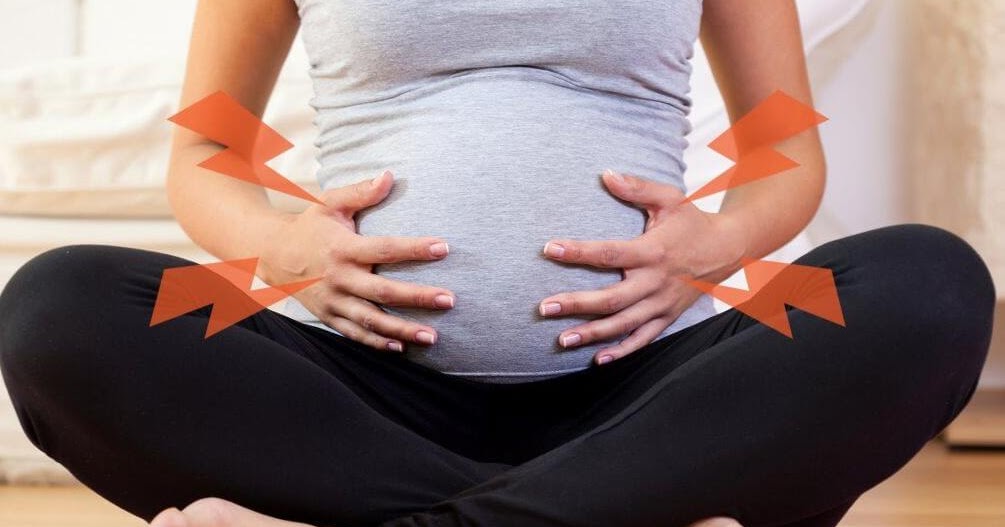
Media last reviewed: 13 January 2021
Media review due: 13 January 2024
Heartburn in pregnancy - PMC
1. National Institute for Health and Care Excellence. Antenatal care. March 2008. Available at http://www.nice.org.uk/guidance/cg62 (last accessed 21 May 2015). [Google Scholar]
2. Eisenberg A, Murkoff HE, Hathaway SE. What to expect when you are expecting. New York: Workman Publishing, 1998. [In Spanish] [Google Scholar]
3. Richter JE. Review article: the management of heartburn in pregnancy. Aliment Pharmacol Ther 2005;22:749–757. [PubMed] [Google Scholar]
4. Tytgat GN, Heading RC, Müller-Lissner S, et al. Contemporary understanding and management of reflux and constipation in the general population and pregnancy: a consensus meeting. Aliment Pharmacol Ther 2003;18:291–301. [PubMed] [Google Scholar]
5. Castro Lde P. Reflux esophagitis as the cause of heartburn in pregnancy. Am J Obstet Gynecol 1967;98:1–10.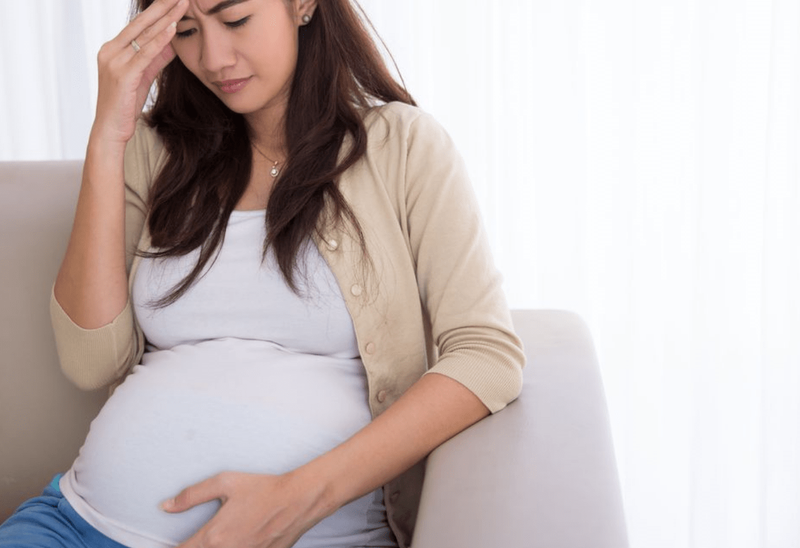 [PubMed] [Google Scholar]
[PubMed] [Google Scholar]
6. Baron TH, Ramirez B, Richter JE. Gastrointestinal motility disorders during pregnancy. Ann Intern Med 1993;118:366–375. [PubMed] [Google Scholar]
7. Audu BM, Mustapha SK. Prevalence of gastrointestinal symptoms in pregnancy. Niger J Clin Pract 2006;9:1–6. [PubMed] [Google Scholar]
8. Ho KY, Kang JY, Viegas OA. Symptomatic gastro-oesophageal reflux in pregnancy: a prospective study among Singaporean women. J Gastroenterol Hepatol 1998;13:1020–1026. [PubMed] [Google Scholar]
9. Richter JE. Gastroesophageal reflux disease during pregnancy. Gastroenterol Clin North Am 2003;32:235–261. [PubMed] [Google Scholar]
10. Marrero JM, Goggin PM, de Caestecker JS, et al. Determinants of pregnancy heartburn. Br J Obstet Gynaecol 1992;99:731–734. [PubMed] [Google Scholar]
11. Bruce NW. Gestational adaptation. In: Iffy L, Kaminetzki HA, eds. Obstetrics and perinatology. Principles and practice.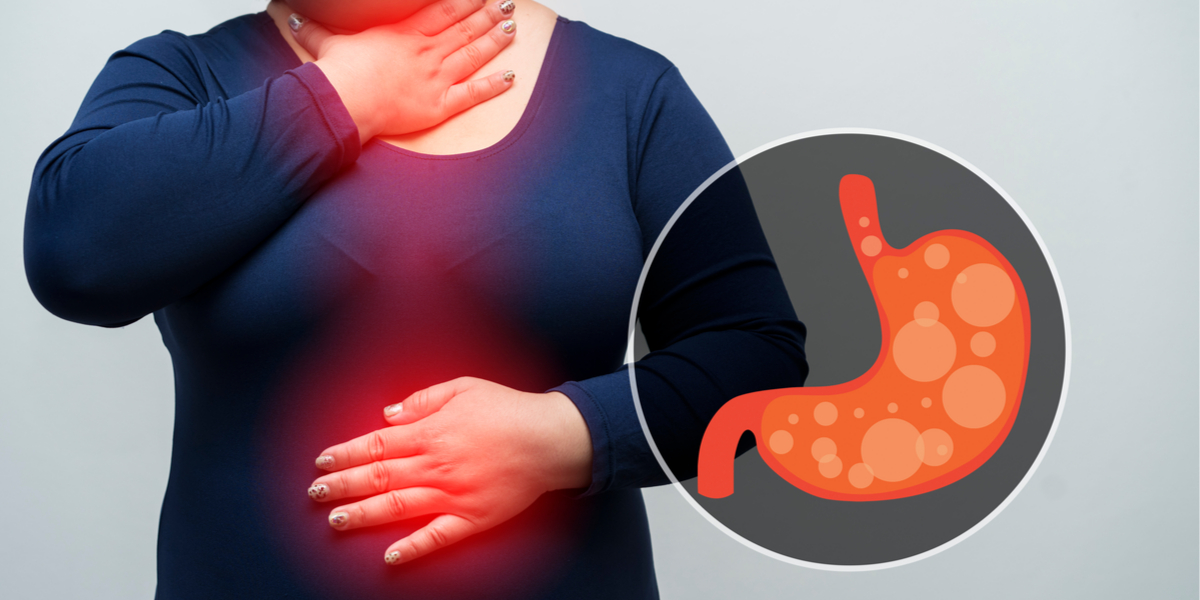 Buenos Aires: Médica Panamericana, 1986. pp. 706–711. [In Spanish] [Google Scholar]
Buenos Aires: Médica Panamericana, 1986. pp. 706–711. [In Spanish] [Google Scholar]
12. Al-Amri SM. Twenty-four hour pH monitoring during pregnancy and at postpartum: a preliminary study. Eur J Obstet Gynecol Reprod Biol 2002;102:127–130. [PubMed] [Google Scholar]
13. Santisteban S, Oliva J. Obstetric semiology. In: Rigol O, ed. Obstetrics and gynaecology. La Habana: Ciencias Médicas, 2004:59. [In Spanish] [Google Scholar]
14. van Thiel DH, Gavaler JS, Joshi SN, et al. Heartburn of pregnancy. Gastroenterology 1977;72:666–668. [PubMed] [Google Scholar]
15. Sripramote M, Lekhyananda N. A randomized comparison of ginger and vitamin B6 in the treatment of nausea and vomiting of pregnancy. J Med Assoc Thai 2003;86:846–853. [PubMed] [Google Scholar]
16. Dowswell T, Neilson JP. Interventions for heartburn in pregnancy. In: The Cochrane Library, Issue 4, 2014. Chichester, UK: John Wiley & Sons, Ltd. Search date 2008. [Google Scholar]
17. Reisfield DR. Pyrosis and pregnancy. Curr Ther Res Clinical Exp 1971;13:680–684. [PubMed] [Google Scholar]
Reisfield DR. Pyrosis and pregnancy. Curr Ther Res Clinical Exp 1971;13:680–684. [PubMed] [Google Scholar]
18. Kovacs GT, Campbell J, Francis D, et al. Is mucaine an appropriate medication for the relief of heartburn during pregnancy? Asia Oceania J Obstet Gynaecol 1990;16:357–362. [PubMed] [Google Scholar]
19. Rayburn W, Liles E, Christensen H, et al. Antacids vs. antacids plus non-prescription ranitidine for heartburn during pregnancy. Int J Gynaecol Obstet 1999;66:35–37. [PubMed] [Google Scholar]
20. Hofmeyr GJ, Lawrie TA, Atallah AN, et al. Calcium supplementation during pregnancy for preventing hypertensive disorders and related problems. In: The Cochrane Library, Issue 4, 2014. Chichester, UK: John Wiley & Sons, Ltd. Search date 2014. [PubMed] [Google Scholar]
21. Duley L, Gülmezoglu AM, Henderson-Smart DJ. Magnesium sulphate and other anticonvulsants for women with pre-eclampsia. In: The Cochrane Library, Issue 4, 2014. Chichester, UK: John Wiley & Sons, Ltd.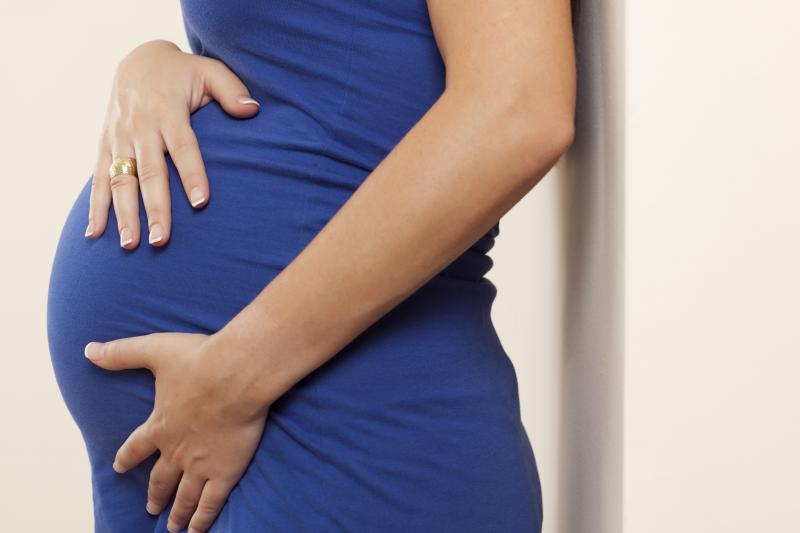 Search date 2002. [Google Scholar]
Search date 2002. [Google Scholar]
22. Gill SK, O'Brien L, Koren G, et al. The safety of histamine 2 (h3) blockers in pregnancy: a meta-analysis. Dig Dis Sci 2009;54:1835–1838. [PubMed] [Google Scholar]
23. Gill SK, O'Brien L, Einarson TR, et al. The safety of proton pump inhibitors (PPIs) in pregnancy: a meta-analysis. Am J Gastroenterol 2009;104:1541–1545. [PubMed] [Google Scholar]
24. Law R, Maltepe C, Bozzo P, et al. Treatment of heartburn and acid reflux associated with nausea and vomiting during pregnancy. Can Fam Physician 2010;56:143–144. [PMC free article] [PubMed] [Google Scholar]
why it occurs and how to get rid of it
The prevalence of heartburn increases from the 20th week of pregnancy and covers the vast majority of women by the time of delivery. Usually, the symptom is provoked by the "heavy" food eaten the day before, so it can be repeated many times throughout the day, and one episode of heartburn lasts minutes or even hours.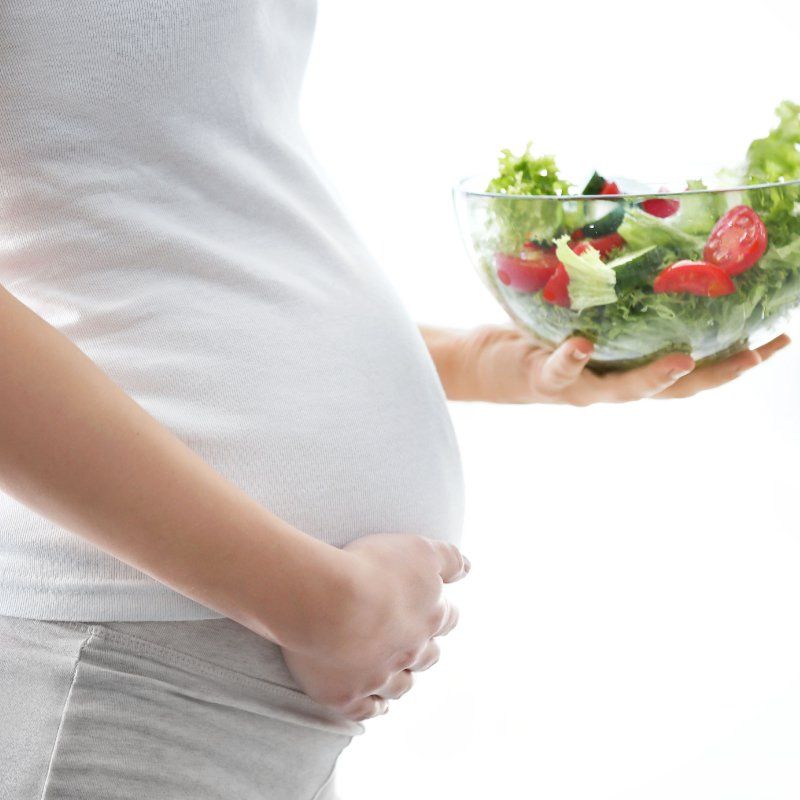 In addition to heartburn itself, there may be belching of air, pain behind the sternum, and swallowing is disturbed 1 .
In addition to heartburn itself, there may be belching of air, pain behind the sternum, and swallowing is disturbed 1 .
Causes of heartburn in pregnant women
There are a number of factors that predispose to heartburn during pregnancy. These include2:
episodes of heartburn
before pregnancy
multiple pregnancy
overweight before or
significant weight gain
during pregnancy
The main causes of heartburn in pregnant women are divided into: mechanical (physical) and hormonal 2 .
The mechanical cause of is an increase in the size of the pregnant uterus. The growing uterus displaces and compresses other organs in the abdomen, which increases intra-abdominal pressure. At the same time, the stomach is “squeezed” to the diaphragm, the locking mechanism that separates the esophagus from the stomach is weakened, which predisposes to the development of hiatal hernia. In general, the described mechanisms often lead to acid reflux - the backflow of gastric contents into the esophagus, accompanied by heartburn 2 .
In general, the described mechanisms often lead to acid reflux - the backflow of gastric contents into the esophagus, accompanied by heartburn 2 .
Hormonal causes include an increase in progesterone production. Progesterone reduces the tone of the smooth muscles of the uterus, protecting the pregnancy from the threat of termination. In the same way, progesterone acts on other smooth muscle organs. Under the influence of hormones during pregnancy, there may be a decrease in the tone of the lower esophageal sphincter and a weakening of intestinal motility, including due to a violation of the sensitivity of intestinal receptors to biologically active substances - serotonin and histamine. As a result, food can linger in the stomach, increasing the likelihood of acid reflux. Due to the weakening of peristalsis, there is also a risk of constipation and changes in the intestinal microflora 2 .
First trimester
A complaint in pregnant women at an early stage appears due to toxicosis with repeated vomiting, when the mucosa of the esophagus is constantly irritated by vomit 1 .
First trimester
A complaint in pregnant women at an early stage appears due to toxicosis with repeated vomiting, when the mucosa of the esophagus is constantly irritated by vomit 1 .
Second and third trimesters
In the second and third trimesters, symptoms may occur due to reduced pressure in the esophagogastric sphincter and functional failure of the upper stomach 1 . Also, in late pregnancy, the factors provoking heartburn may include an increase in intra-abdominal pressure due to an increase in the volume of the uterus and an increase in the level of gastrin in the blood of pregnant women 1 .
Second and third trimesters
In the second and third trimesters, symptoms may occur due to decreased pressure in the esophagogastric sphincter and functional failure of the upper stomach 1 .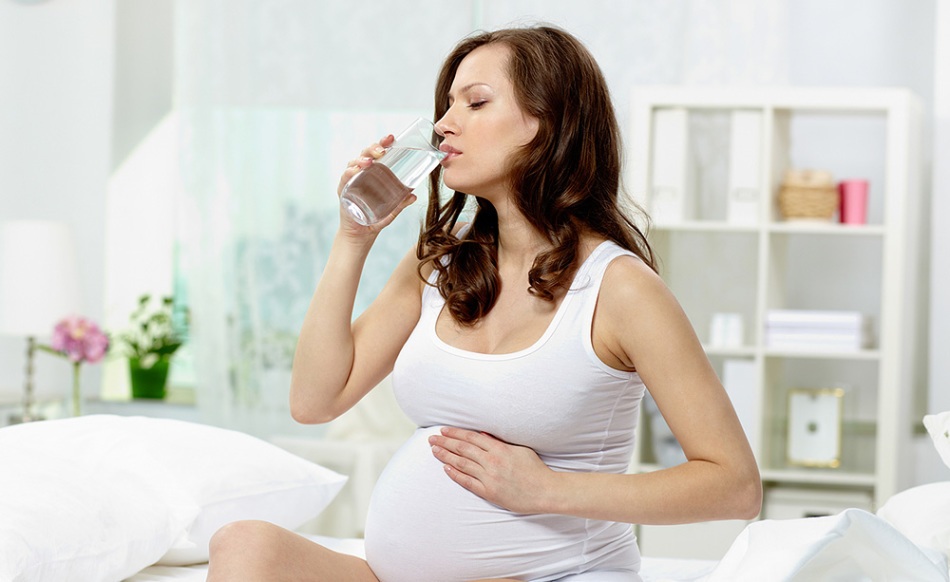 Also, in late pregnancy, the factors provoking heartburn may include an increase in intra-abdominal pressure due to an increase in the volume of the uterus and an increase in the level of gastrin in the blood of pregnant women 1 .
Also, in late pregnancy, the factors provoking heartburn may include an increase in intra-abdominal pressure due to an increase in the volume of the uterus and an increase in the level of gastrin in the blood of pregnant women 1 .
postpartum period
Unfortunately, the symptoms of heartburn do not always disappear without a trace after childbirth: about 20% of women who experience heartburn during pregnancy also notice it in the postpartum period 2 . It is possible that the development of heartburn in the postpartum period may be associated with the lactation period, this relationship has yet to be established. According to the instructions for the medical use of the drug Maalox®, the absorption of combinations of aluminum hydroxide and magnesium salts in the mother is limited, therefore, Maalox® can be used during lactation after consulting a doctor. For occasional heartburn, use 15 ml or 1-2 tablets of Maalox® once . 4-6
For occasional heartburn, use 15 ml or 1-2 tablets of Maalox® once . 4-6
Unfortunately, the symptoms of heartburn do not always disappear without a trace after childbirth: about 20% of women who experienced heartburn during pregnancy also notice it in the postpartum period 2 . It is possible that the development of heartburn in the postpartum period may be associated with the lactation period, this relationship has yet to be established. According to the instructions for the medical use of the drug Maalox®, the absorption of combinations of aluminum hydroxide and magnesium salts in the mother is limited, therefore, Maalox® can be used during lactation after consulting a doctor. For occasional heartburn, use 15 ml or 1-2 tablets of Maalox® once . 4-6
Symptoms of heartburn in pregnant women
Heartburn - an unpleasant burning sensation, warmth behind the sternum, which can spread to the neck 3 .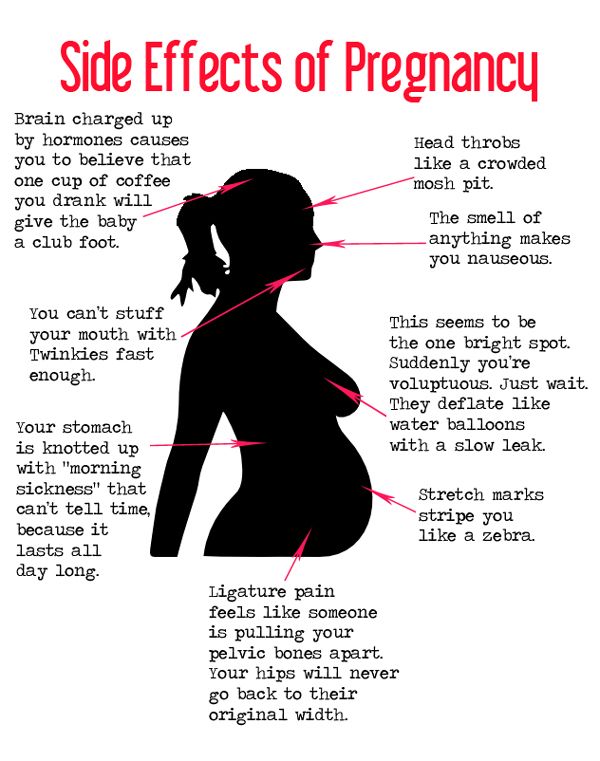 The symptom may appear about an hour after eating. Often entails heartburn eating fried, spicy, fatty, sour foods, as well as overeating. Physical activity and changes in body position, such as leaning forward or lying down, may increase heartburn symptoms 3 . In pregnant women, heartburn is often accompanied by belching and difficulty swallowing 1 .
The symptom may appear about an hour after eating. Often entails heartburn eating fried, spicy, fatty, sour foods, as well as overeating. Physical activity and changes in body position, such as leaning forward or lying down, may increase heartburn symptoms 3 . In pregnant women, heartburn is often accompanied by belching and difficulty swallowing 1 .
Heartburn is an unpleasant sensation of burning, warmth behind the sternum, which can spread to the neck area 3 . The symptom may appear about an hour after eating. Often entails heartburn eating fried, spicy, fatty, sour foods, as well as overeating. Physical activity and changes in body position, such as leaning forward or lying down, may increase heartburn symptoms 3 . In pregnant women, heartburn is often accompanied by belching and difficulty swallowing 1 .
Why is heartburn dangerous in pregnant women?
Heartburn that occurs during pregnancy may increase the chance of developing GERD after childbirth.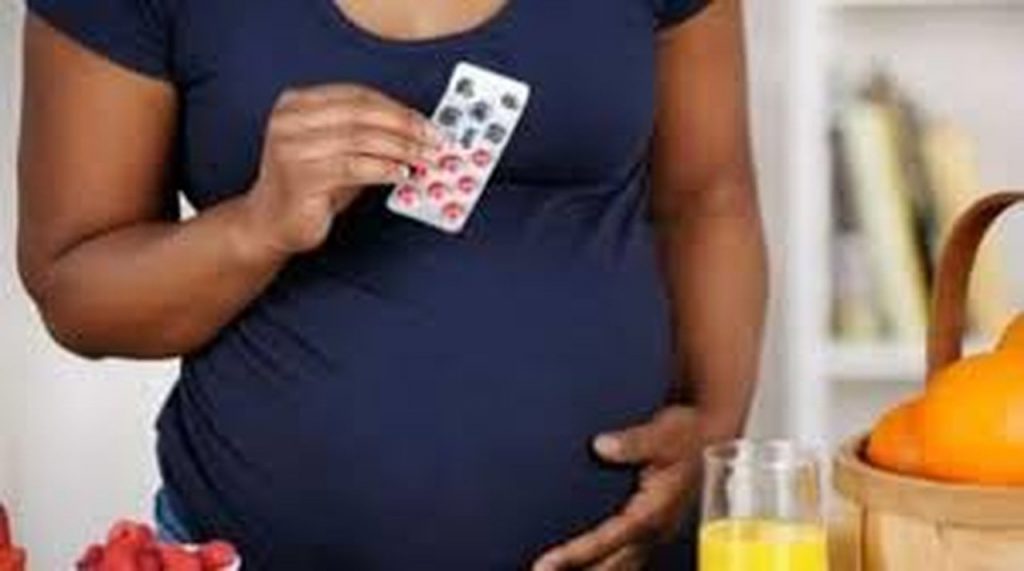 Moreover, the risk of developing the disease is proportional to the number of births. It was noted that in the presence of heartburn in the 1st pregnancy, GERD subsequently develops in 17.7% of women , and two pregnancies with heartburn increase this figure to 36% 2 .
Moreover, the risk of developing the disease is proportional to the number of births. It was noted that in the presence of heartburn in the 1st pregnancy, GERD subsequently develops in 17.7% of women , and two pregnancies with heartburn increase this figure to 36% 2 .
It is important to note that if heartburn occurs during pregnancy, it is imperative to consult a doctor, since other diseases of the digestive system can manifest as heartburn, including a severe pathology of the gestation period - acute fatty liver of pregnant women. In this case, heartburn is short-lived at first, then its intensity and duration increase, accompanied by painful swallowing of not only food, but also liquids. Heartburn in this case is often accompanied by vomiting of the color of "coffee grounds", weakness, lethargy. Such a dangerous condition requires close medical attention and control 1 .
Heartburn that occurs during pregnancy may increase the chance of developing GERD after childbirth. Moreover, the risk of developing the disease is proportional to the number of births. It was noted that in the presence of heartburn in the 1st pregnancy, GERD subsequently develops in 17.7% of women , and two pregnancies with heartburn increase this figure to 36% 2 .
Moreover, the risk of developing the disease is proportional to the number of births. It was noted that in the presence of heartburn in the 1st pregnancy, GERD subsequently develops in 17.7% of women , and two pregnancies with heartburn increase this figure to 36% 2 .
It is important to note that if heartburn occurs during pregnancy, it is imperative to consult a doctor, since other diseases of the digestive system can manifest as heartburn, including a severe pathology of the gestation period - acute fatty liver of pregnant women. In this case, heartburn is short-lived at first, then its intensity and duration increase, accompanied by painful swallowing of not only food, but also liquids. Heartburn in this case is often accompanied by vomiting of the color of "coffee grounds", weakness, lethargy. Such a dangerous condition requires close medical attention and control 1 .
Diagnostics
Usually, to identify the cause of heartburn, the doctor is enough data from the questioning and examination of the pregnant woman.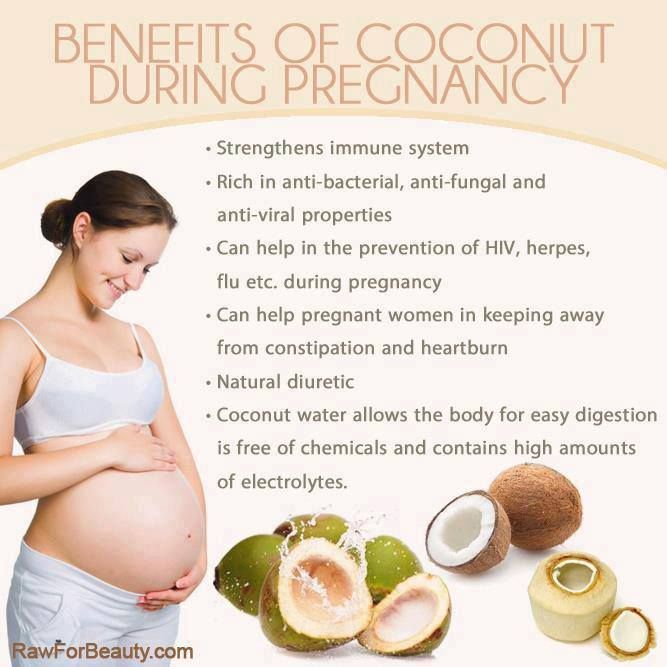 In some cases, ultrasound of the liver, gallbladder, pancreas, general and biochemical blood tests may be needed. In difficult cases, it is possible to examine the esophagus, stomach, duodenum using an endoscope. This method is not contraindicated during pregnancy, has high information content and diagnostic accuracy 1 .
In some cases, ultrasound of the liver, gallbladder, pancreas, general and biochemical blood tests may be needed. In difficult cases, it is possible to examine the esophagus, stomach, duodenum using an endoscope. This method is not contraindicated during pregnancy, has high information content and diagnostic accuracy 1 .
In most cases, a physician may only need information from a questioning and examination of a pregnant woman to determine the cause of heartburn. In some cases, ultrasound of the liver, gallbladder, pancreas, general and biochemical blood tests may be needed. In difficult cases, it is possible to examine the esophagus, stomach, duodenum using an endoscope. This method is not contraindicated during pregnancy, it has high information content and diagnostic accuracy 1 .
Heartburn during pregnancy - symptoms, causes and treatment of the disease
Contents
- Causes of heartburn during pregnancy
- What to do with heartburn during pregnancy?
- Pregnancy heartburn preparations
Heartburn is an unpleasant feeling of burning or warmth behind the breastbone or in the epigastric region. The symptom occurs after eating or on an empty stomach and is associated with food reflux, that is, the reflux of food processed by gastric juice back into the esophagus. Since the mucous membrane of the esophagus is not adapted to the action of gastric juice, it becomes irritated, which is subjectively felt in the form of heartburn.
The symptom occurs after eating or on an empty stomach and is associated with food reflux, that is, the reflux of food processed by gastric juice back into the esophagus. Since the mucous membrane of the esophagus is not adapted to the action of gastric juice, it becomes irritated, which is subjectively felt in the form of heartburn.
Heartburn in pregnant women is an independent symptom that appears only during the period of bearing a child against the background of the absence of chronic diseases that cause reflux of gastric juice 1 . According to statistics, 30-50% of pregnant women suffer from heartburn, there is evidence that more than 80% of pregnant women complain of heartburn, especially in the third trimester 4 .
Causes of heartburn during pregnancy
Heartburn in pregnancy is a condition that is caused by the changes that occur to the female body during the period of gestation. All factors that can cause heartburn in women in an interesting position can be divided into physiological (natural) and pathological (disease-related).
Physiological heartburn of pregnant women can occur for two reasons:
- Hormonal - associated with a weakening of the tone of the lower esophageal sphincter. This is the name of the circular muscle between the stomach and the esophagus, which regulates the flow of food into the stomach and prevents its movement in the opposite direction. During pregnancy, the level of progesterone in the blood rises, which relaxes the uterine muscle, simultaneously acting on all other muscles of the body, including the esophageal sphincter. As a result, the sphincter does not close after eating, but remains open. Any change in body position or contraction of the stomach causes food reflux 4 . Heartburn also occurs if it is disturbed by the movement of food through the esophagus, for example, if the frequency of "reverse" contractions of the esophagus increases in the direction from the stomach to the esophagus 1 .
- Physical - due to the increase in the size of the uterus, the location of the internal organs changes and intra-abdominal pressure increases, which is transmitted to the wall of the stomach and contributes to reflux 4 .
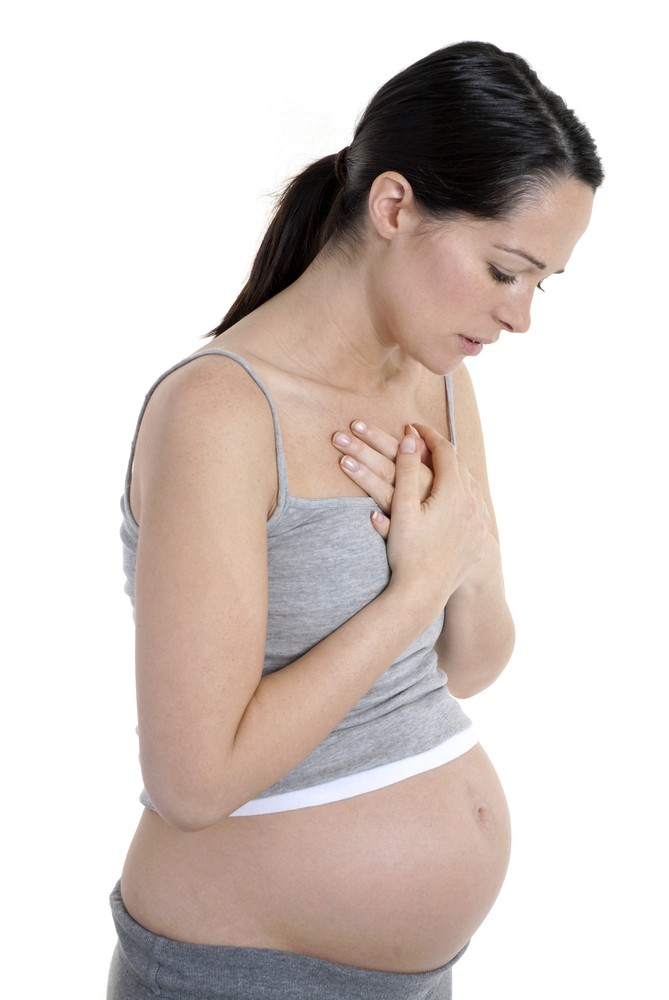
In connection with such changes in the gastrointestinal tract during pregnancy, all pathologies that cause heartburn can worsen.
Pathological causes of heartburn during pregnancy include the following:
- Gastroesophageal reflux disease (reflux esophagitis) is a pathology of the esophageal sphincter, which occurs more often with diaphragmatic hernia, when the natural curve between the esophagus and stomach disappears, preventing reverse reflux 4 .
- Other diseases of the gastrointestinal tract - gastritis, peptic ulcer of the stomach and duodenum, pancreatitis, diseases of the liver and biliary tract, inflammatory bowel disease 2 . With gastritis and ulcers, the acidity of the stomach increases, and pathologies of other digestive organs cause bloating, constipation, enlargement of the liver, which increases intra-abdominal pressure.
- Taking drugs that relax the lower esophageal sphincter - heart drugs, theophylline, anti-inflammatory drugs, progesterone, antidepressants 4 .

What to do for heartburn during pregnancy?
In the first two hours after eating, hydrochloric acid is produced in the stomach, which is needed for food processing. It is at this time that heartburn is more likely to torment, especially if a woman consumes fatty, fried and spicy foods 7 . Burning behind the sternum can last for several minutes or several hours. Heartburn may recur several times during the day. It is characterized by its strengthening in a horizontal position, with torso tilts, as well as when turning to the other side.
To reduce the severity of heartburn, you first need to adjust the diet and some habits. This helps to reduce the increased acidity of the stomach and prevent the reflux of food back into the esophagus.
Pregnant women should follow the following dietary recommendations 4 :
- Do not eat excessively high-calorie foods.
- Eliminate night snacks and especially overeating.

- Eat often and in small portions.
- Do not lie down immediately after eating, do not sleep in a strictly horizontal position, it is necessary to raise the head end of the bed.
- Walk for 30 minutes after eating.
- Eat dinner no later than 3-4 hours before going to bed.
- Do not lift weights, do not make strong and frequent torso bends, do not overstrain the abdominal muscles.
- Do not wear corsets, bandages, tight belts that increase intra-abdominal pressure.
From the diet for heartburn should be excluded 4 :
- Carbonated drinks (they increase pressure in the stomach and stimulate the formation of hydrochloric acid).
- Cream, whole milk, fatty meats, fatty fish, goose, pork (fatty foods take a long time to digest).
- Chocolate, cakes, pastries, spices (relaxes the lower esophageal sphincter).
- Citrus fruits, tomatoes, onions, garlic (irritate the lining of the esophagus).
:strip_icc():format(jpeg)/kly-media-production/medias/2785562/original/028627600_1556001360-shutterstock_1019963743.jpg)
For heartburn, pregnant women can eat the following foods 6 :
- wheat bread, dry biscuits, dry biscuits;
- baked pies with apples, boiled meat or fish;
- soups of meat, fish, vegetables;
- lean beef, poultry, fish;
- soft-boiled eggs and scrambled eggs;
- sugar, copper, butter cream;
- tea, cocoa, sweet fruit juices, jams, compotes.
Pregnancy heartburn preparations
In 80% of pregnant women, heartburn disappears after childbirth, but severe heartburn during pregnancy, especially if it lasts for several weeks, may persist after the birth of a child 4 .
Often, proper nutrition and adherence to lifestyle recommendations do not always help get rid of heartburn. If heartburn is caused by any disease, adequate treatment of the underlying pathology with medications helps to eliminate unpleasant symptoms.
The use of folk and non-traditional ways to eliminate heartburn during pregnancy is also not effective enough and even potentially dangerous. Many of the herbs used during pregnancy can harm both the woman and her unborn child 4 .
Many of the herbs used during pregnancy can harm both the woman and her unborn child 4 .
Therefore, it is advisable to discuss the choice of a drug with a doctor who will help you choose the right remedy for heartburn during pregnancy, paying attention from the standpoint of safety for the fetus and potential impact on the course of pregnancy 4
The results of epidemiological studies of Omez ® 10 mg in the treatment of heartburn in pregnant women indicate the absence of clinically significant negative effects on pregnancy and the health of the fetus or newborn 5 .
Omez ® 10 mg is dispensed without a doctor's prescription, but you can take it yourself without specialist advice for no longer than 14 days 5 .
THERE ARE CONTRAINDICATIONS, READ THE INSTRUCTIONS FOR MEDICAL USE OR CONSULT A DOCTOR.
References:
- Vyuchnova E.


